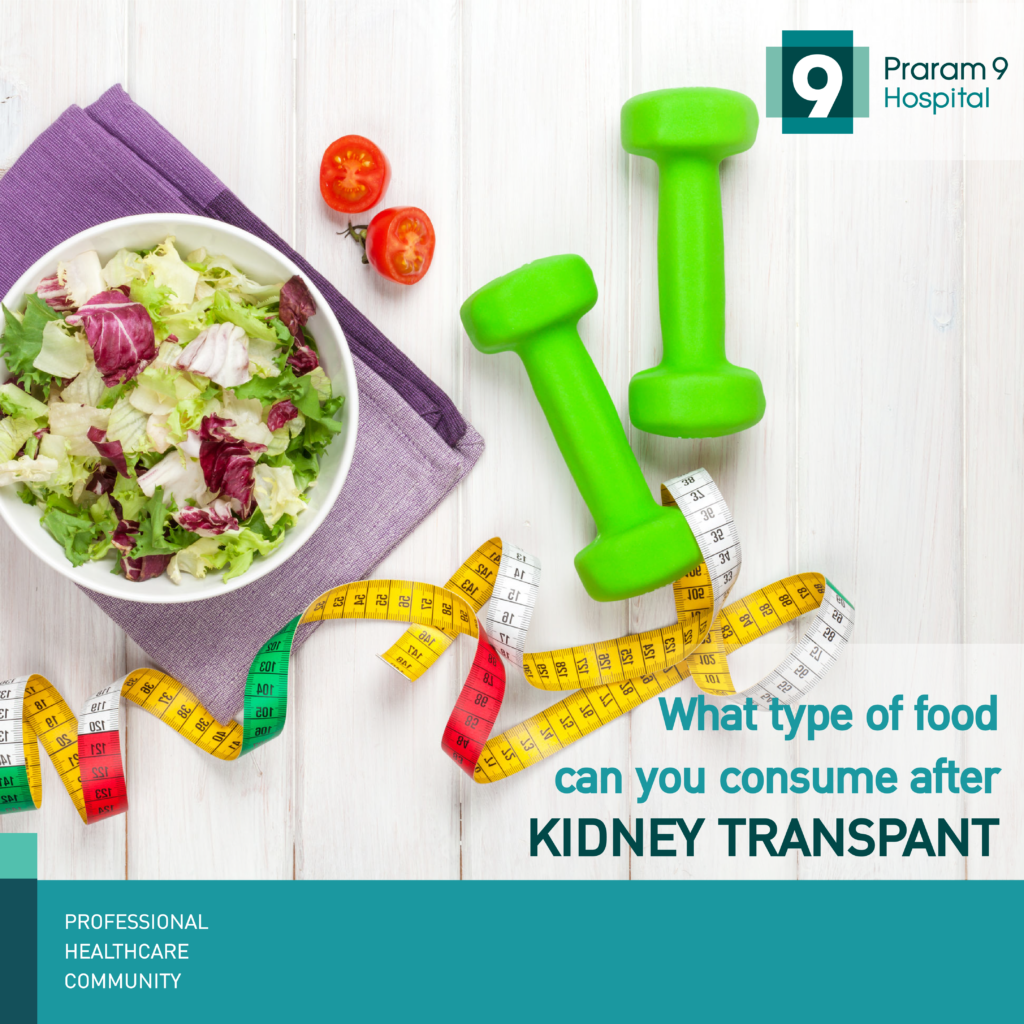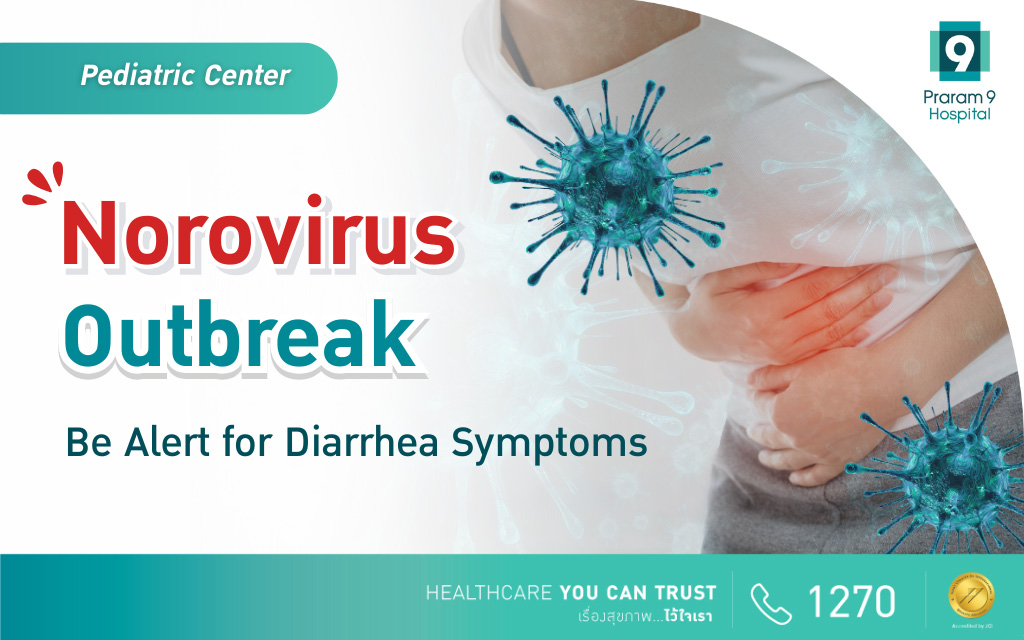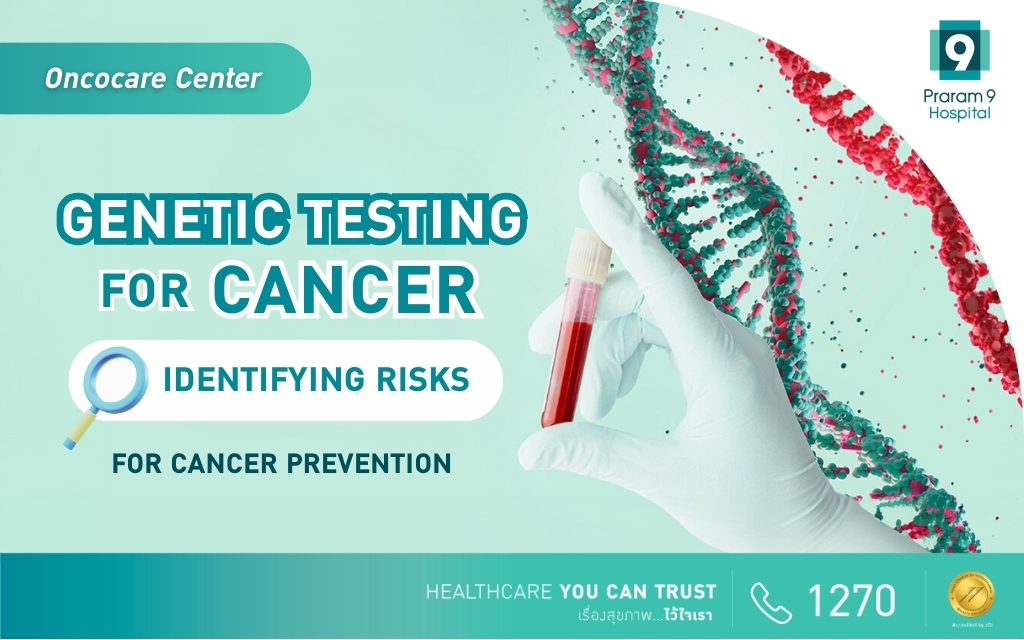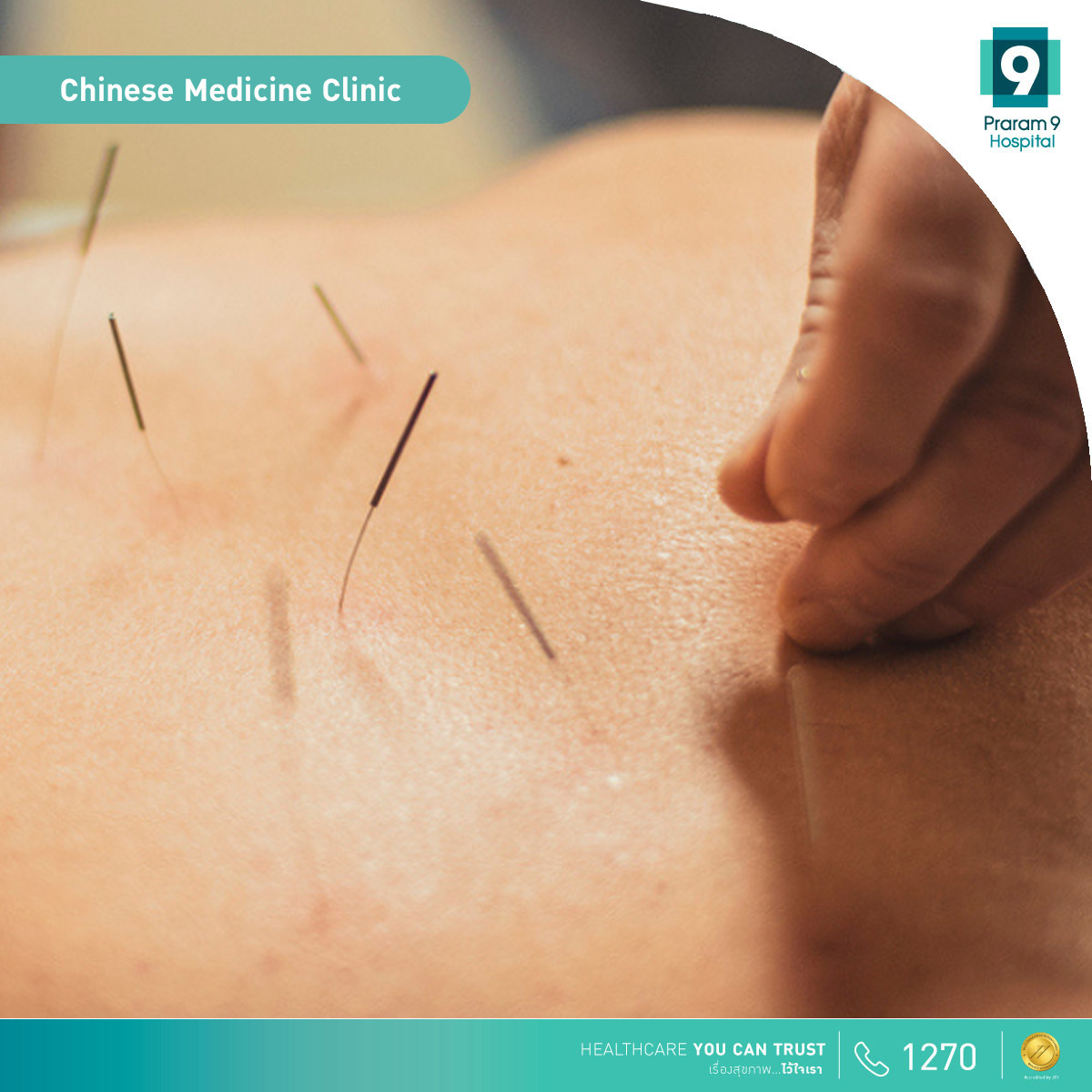What type of food can you consume after kidney transplant?
Kidney’s patients need to concern themselves with what they put into their body because of the reduction in their kidney performance, resulting in more unclean waste in the bloodstream than before. Therefore, kidney’s patients have to be careful of the type of food they consume in order to help ease the burden for their kidney. So then what type of foods that they need to be aware and control of for chronic kidney failure patients?
Sodium
Sodium has an important role in helping to control the functions of brain and muscle. In patients that have kidney’s condition, high blood pressure, pulmonary Edema, fluid retention and patients that the doctor asked to reduce their sodium intake should choose to consume their meals as follows: freshly prepared meals, avoid processed and preserved food, canned food, frozen food, dried aged food and convenient food. Avoid the use of GM (monosodium glutamate) and seasoning powder. You can still make your meal tastier by substituting saltiness with sourness, spiciness and various herbal seasoning instead such as shallot, kaffir lime leaves, garlic, lemon grass, etc.
Protein
Protein has a vital role in body repair which is part of the muscle as well as aiding in producing necessary chemicals in the body such as hormones, enzymes, immune system and blood cells. In cases where either patient post-transplant that loses a lot of muscles or malnutrition will require adequate amount of protein in their meals in order to recuperate and repair the lost elements. They should also be selective of their protein choice to get the most value such as milk, lean meat, fish and egg whites.
Potassium
Potassium also help muscles functions as normal, however, for patients that have too high or abnormal level of potassium in their blood can patients to experience weak muscles or lack of strength, tiredness, lack of energy and heart shake. This can affect the ability for the heart to function. Kidney’s patient in the stage of 4-5 should not receive more than 1500 milligram of potassium per day. Food that has high potassium come from dark color vegetables and fruits such as kale, carrot, spinach, tomatoes and broccoli, etc.
Phosphorus
phosphorus in a mineral that is common in bone and is also one of the components in blood. Too much phosphorus can have negative impact on the body such as brittle bones, skin irritation, calcium stones and coronary artery disease. Kidney’s patients with high phosphorus level can control their phosphorus level with hemodialysis, medication that control phosphorus or controlling the consumption of foods that are high in phosphorus content. Moreover, phosphorus that come from chemical making that are used in preservation of food, intensifying flavor and aroma can be absorbed by more than 90 percent such as canned food, sausages, bakery and milk powder. While phosphorus in meat, milk and egg will be absorbed at 60 percent and 50 % for plants respectively.
Fats
Patients that have high level of fats in their blood need to control their diet. Their fats intake should not exceed 30-35 percent of the total daily energy consumption. The amount of saturated fat should not be more than 7 percent and 10 percent for various other types of fats out of their total daily energy intake. Furthermore, the cholesterol in their food should be less than 300 milligrams. The patients can adhere to the above diet control by follow the following guidelines includes: consuming lean meat or meat with low fat content such as fish chicken breast and egg white. Avoid fried food and bakery such as egg yolk, sea food, milk and mayonnaise. Also reduce the amount of alcoholic beverages as well as late night meals at least 3 hours prior to your bedtime.






